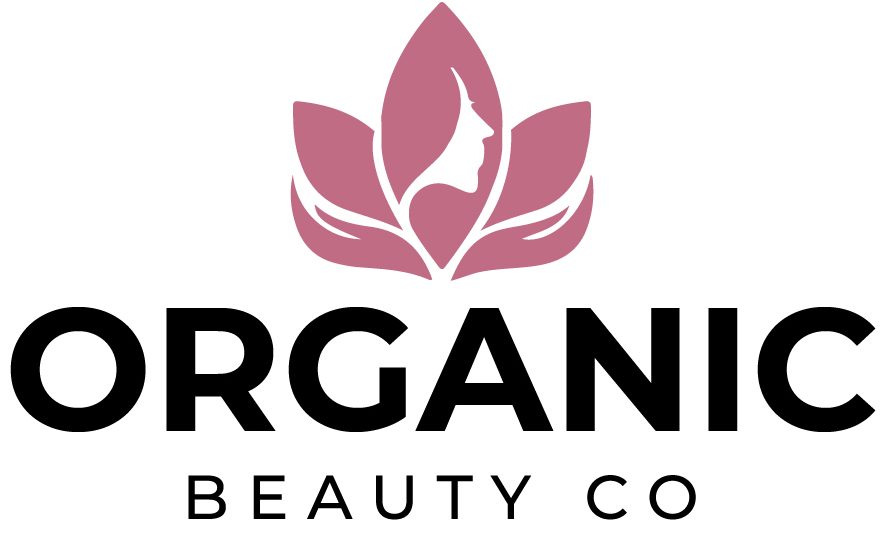It is not easy to find the best Vitamin C serum for Australia. There are many claims and counter-claims about which Vitamin C is best for the skin and which Vitamin C serum is best. It cannot be obvious.
This is a deep rabbit hole if you have tried to find the answer. Many of the recommendations are driven by vested interest. It is challenging to find the truth when this happens.
Brands compete for the best by making claims and counter-claims about theirs. Most of these claims are marketing hype. Cellex-C and Dr. Dennis Gross, Obagi, Peter Thomas Roth, and Drunk Elephant all attempt to claim the SkinCeuticals crown.
SkinCeuticals was the first company to increase Vitamin C. Dr. Sheldon Pinnell, the founder, invented and patented the winning combination of C, E, and Ferulic. Dr. Sheldon Pinnell, a dermatologist, significantly contributed to skincare science. He founded SkinCeuticals. L’Oreal Group now owns SkinCeuticals. It continues to draw on the foundation work of the 1980s and 90s. Some of the original studies have yet to be confirmed by further research. It is important to note that the testing was performed on pig skin stripped of its stratum corneum. The results were then extrapolated to humans with intact stratum corneum. Since then, a lot has happened in the world of skincare.
If you are looking for the best Vitamin C serums in Australia, then be ready to do the research. It takes work to compare Vitamin C serums. This is where I make sense of all the information available to help you choose the best Vitamin C serum in Australia.
There are many excellent, affordable Vitamin C serums. To find something that works, you don’t have to spend $230. Vitamin C is available in many forms and at different price points. There’s bound to be something that works for you.
This article will explain the benefits of Vitamin C for your skin.
I urge you to look beyond L’Ascorbic Acid. It’s an excellent choice for some people but only the best for some.
Why should you use a Vitamin C serum?
Many dermatologists and skin experts recommend applying an antioxidant daily to your skin.
Antioxidants act by binding to oxygen-free radicals. Antioxidants prevent free radicals from attaching to skin cells.
This is a common question, even if you are eating adequate antioxidants. Unfortunately, the skin cannot absorb all of the antioxidants from our diet.
Vitamin C serums can absorb free radicals from UV rays, pollutants, and other natural bodily processes. This prevents oxidative damage to skin cells.
You should apply topical antioxidants every day to reap the full benefits. Why not every day? Your skin’s antioxidant levels are affected by the sun. It would help to keep a constant antioxidant reservoir for long-lasting protection. It is recommended to apply one to two times per day.
Vitamin C also has many other skin benefits. Let’s look at what topical Vitamin C can do for your skin.
Vitamin C serums: Benefits
Vitamin C, also known as Vitamin C or L – Ascorbic Acid, is one of the most well-studied and tested antioxidants for skin care. As we have already stated, it protects the skin from damage caused by free radicals. It can also watch the skin from free radical damage.
L’Ascorbic Acid has also been shown to:
- Stabilize and stimulate collagen production to reduce wrinkle appearance
- You can reduce melanin production and brighten your skin.
- reduce inflammation
- Promote skin healing and repair
- Lightly exfoliate to refine texture and tone
Protection
Vitamin C, an antioxidant, protects the skin against oxidative stress from UV light. Vitamin C neutralizes free radicals to do. A cut apple is an excellent example of this. It turns brown when exposed to air and begins to shrink. This is the process of oxidation. Oxidation can cause inflammation and premature skin aging, possibly even melanoma.
Your skin can be protected by applying topical antioxidants such as Vitamin C every day. Although sunscreens can effectively filter UVA and UVB rays, they only cover about 55% of the free radicals caused by UV exposure. You can save your skin from premature aging by using an antioxidant cream or serum every day in addition to sunscreen.
Vitamin C and sunscreen make great partners. Combining the two can preserve collagen and decrease damage to your skin. Vitamin C can increase the effectiveness of sunscreens, which means fewer wrinkles and sagging.
Collagen
After age 20, we lose approximately 1% of our skin’s collagen each year, which can make us look older. Vitamin C can help maintain firm, bouncy skin. Vitamin C plays a role in the production of procollagen mRNA. This is a molecule that aids in the formation of collagen. Recent research suggests that topical Vitamin C can affect this process. It needs to be clarified if topical Vitamin C can erase wrinkles or how effective it is.
Vitamin C can help increase skin volume and resilience. However, don’t forget your retinoids or peptides.
Brightness
The sun’s ultraviolet rays can cause melanin to be produced in the skin, which can lead to uneven skin tone and darkening. Although antioxidants don’t absorb ultraviolet, they can reduce photodamage and abnormal pigmentation. Vitamin C and other antioxidants can also inhibit tyrosinase (an enzyme found in the skin that stimulates melanin production). Vitamin C can also be used to hyperpigment hair follicles.
Inflammation
Vitamin C inhibits Nuclear Factor Kappa B (NF-kB). This protein complex activates a variety of pro-inflammatory mediators in the body. Vitamin C may be useful to take with other actives for those suffering from rosacea and acne. Post-inflammatory hyperpigmentation can be prevented or reduced by reducing inflammation.
Repair
Vitamin C supports and facilitates the skin’s repair processes while we sleep. Antioxidants are used to reduce inflammation and remove harmful free radicals. Inflammation can hinder the skin’s ability to heal and renew itself. Vitamin C allows the skin to repair and restore any damage.
Exfoliation
Vitamin C’s low pH can make it mildly exfoliating but not an exfoliant. It can aid in healthy cell turnover when used in a water-based cream. However, your Vitamin C serum can’t do the job of an exfoliant. To remove dead skin cells, you will still need to use a dedicated exfoliant, especially if your problem is hyperpigmentation, rough texture, or breakouts.
Vitamin C is an excellent antioxidant. However, it’s important to remember that all antioxidants are most effective when they are in combination with other antioxidants. This is Dr Pinnell’s pioneering discovery. Antioxidants can become pro-oxidant if they are unstable. Combining antioxidants helps stabilize them better and allows them to work together to increase their antioxidant power. Cool, isn’t it? This is why L’Ascorbic Acid and Vitamin E work well together.
Vitamin C
It is important to understand the differences between Vitamin C. L’Ascorbic Acid, which is pure Vitamin C, is the base of many formulations. Due to the limitations of L’Ascorbic Acid the industry has created derivatives of Vitamin C which are being increasingly used in preference L’Ascorbic Acid.
L’Ascorbic Acid
L’Ascorbic Acid, the chemically active form Vitamin C, is the first to be used in skin care formulations. We know the most about this form of Vitamin C because it has been around for the longest time. This type of Vitamin C has been extensively studied in both the laboratory and on humans. It has been shown to brighten the skin, provide antioxidant protection and protect collagen. It must be present in the right amount and be able to penetrate the skin to achieve this.
Dr Pinnell and his colleagues found that L’Ascorbic Acid was maximally effective at 20%. However, this test wasn’t performed on human skin. Anything higher than this is less effective, and can be irritating. This is why we don’t know why. This is why brands claiming that their formula contains 30% L-Ascorbic Acid may be marketing tricks.
A topical product must be able to penetrate the skin to give results. L’Ascorbic Acid can penetrate the epidermis if it is low in pH. However, because it is water-soluble, very little actually reaches the dermis. L’Ascorbic Acid penetrates 15 percent better than other Vitamin C derivatives that are water-based.
Formulators use low pH (below 3.5) and penetration enhancers when developing Vitamin C serums. This helps to maximize its absorption into the skin. Low pH helps stabilize L’Ascorbic Acid which is known to be unstable and prone to oxidation. A pH lower than 3.5 can make it more irritating than lemon juice. This is dangerous territory for anyone with sensitive skin or a skin condition. Vitamin C can oxidize and become pro-oxidant, which can cause skin damage rather than protection.
This Vitamin C should be paired with other antioxidants due to its instability. This formula multiplies L’Ascorbic acid’s positive effects, gives it more sustained activity, and prolongs its shelf-life.
Formulations containing L’Ascorbic Acid are the most difficult to achieve in skin care. These formulations require the correct concentration, pH, stabilisation, delivery mechanism, and packaging. You could put your skin at risk if you don’t have all these things. You want to make sure that you are buying a reliable brand with the right technologies.
You should use your L’Ascorbic Acid Serum within three months of opening it or until it turns orange.

